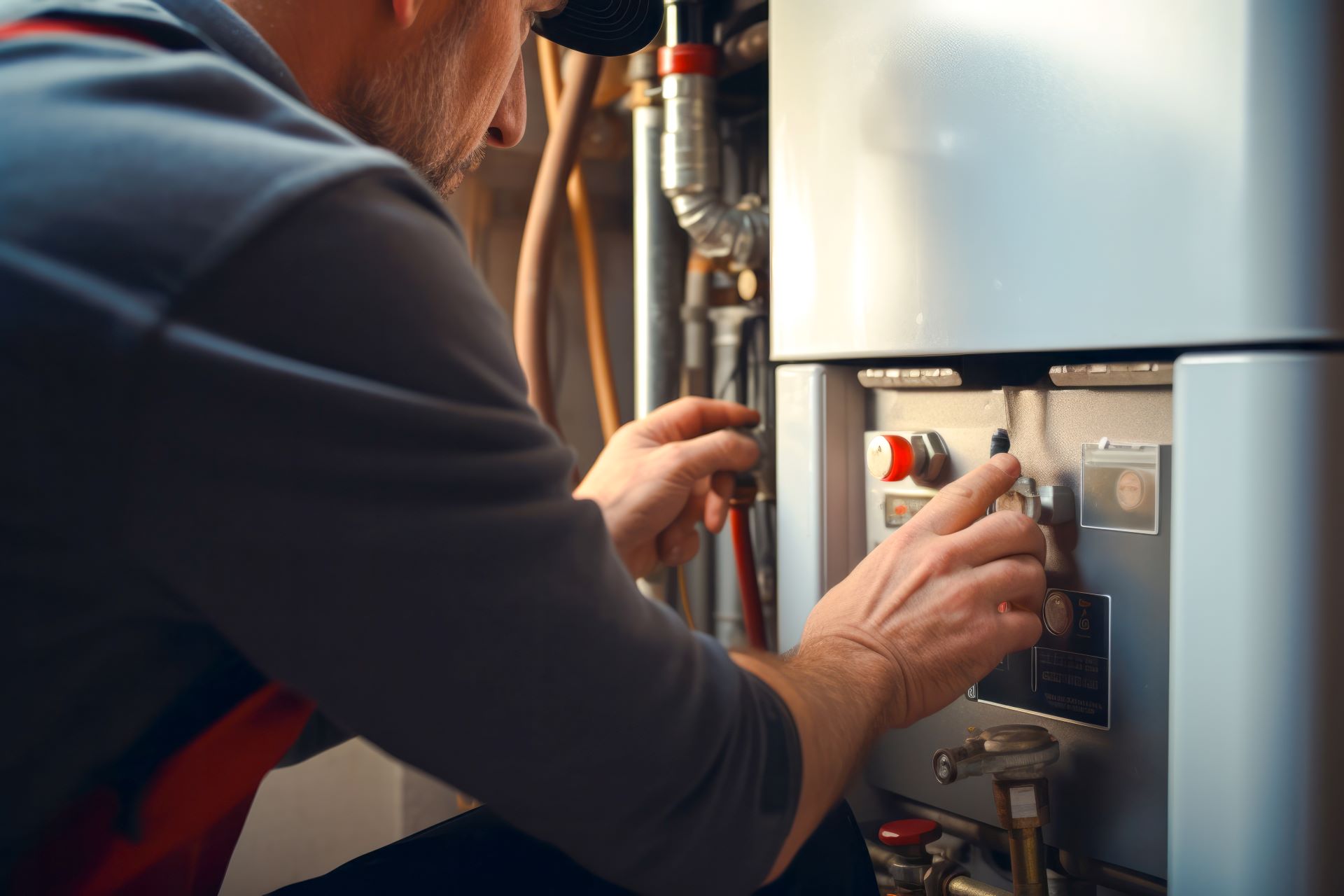Home Heating Guide: Adapting to the UK’s Green Energy Transition
As the UK continues its aggressive decarbonization efforts, homeowners are facing significant changes in home heating regulations. The landscape of gas boiler policies has evolved, bringing new challenges and opportunities for households across the country.

The Changing Landscape of Home Heating
In 2025, the UK’s approach to reducing carbon emissions has become more sophisticated, moving beyond the initial gas boiler tax of £120 first introduced in 2024. The government’s strategy now encompasses a more comprehensive plan to transition homes away from fossil fuel-based heating systems.
For more information or if you would like a professional consultation, get in touch with us at Add Heat, and we’ll be happy to assist you.
Key developments on heating systems
- Enhanced financial incentives for green heating solutions
- More stringent emissions standards for residential properties
- Expanded government support for home energy upgrades
- Increased penalties for non-compliant heating systems
Who is most affected?
The focus has shifted from a one-size-fits-all approach to a more nuanced strategy:
Homes under scrutiny
- Properties with gas boilers installed before 2015
- Homes with poor energy efficiency ratings
- Residential properties in high-emission zones
- Buildings without recent heating system upgrades
Climate action and home heating
The UK has made significant strides in its commitment to reducing household carbon emissions. Gas boilers, once a primary heating source, are now viewed as a transitional technology.
Current carbon emission landscape
- Residential heating now accounts for approximately 12% of total UK carbon emissions
- Significant reductions achieved through targeted policy interventions
- Increased adoption of heat pumps and renewable heating technologies
Viable alternatives in 2025
Homeowners now have more sophisticated options to address heating challenges:
- Significantly improved efficiency
- Reduced installation costs
- Enhanced government grants and financing options
2. Hybrid heating solutions
- Combination of traditional and renewable heating technologies
- Flexible systems adapting to different energy sources
- Smart technology integration
3. Hydrogen-ready heating
- Emerging technology gaining mainstream traction
- Pilot projects in multiple UK regions
- Potential long-term alternative to traditional gas systems
Saving money and energy today
The financial landscape has transformed, offering both challenges and opportunities:
Cost considerations
- Reduced upgrade costs for green technologies
- Expanded government support programs
- Potential energy bill savings of 35-45% with new systems
- Increased property value for energy-efficient homes
Government strategy
The Department for Energy Security and Net Zero has refined its approach:
- More targeted carbon reduction strategies
- Increased support for low-income households
- Comprehensive retrofitting programs
- Advanced technology development incentives
UK’s plan for upgrading heat-leaking homes
Addressing heat loss in UK homes has become a critical priority for both environmental sustainability and household energy efficiency. The UK’s housing stock, much of which was built before modern insulation standards, loses significant heat through poorly insulated walls, roofs, and windows. According to recent studies, an estimated 25% of home heat escapes through uninsulated walls, while another 25% is lost through the roof, creating a substantial energy waste problem.
Homeowners can tackle this issue through several key upgrade strategies: installing cavity wall insulation, which can reduce heat loss by up to 35%; adding loft insulation to prevent heat rising through the roof; replacing old, single-glazed windows with modern double or triple-glazed alternatives; and sealing drafts around doors and windows. The government has been supporting these efforts through various grant schemes, such as the Energy Company Obligation (ECO) and the Green Homes Grant, which provide financial assistance to homeowners looking to improve their property’s thermal efficiency. Beyond the environmental benefits, these upgrades can typically save households between £250 and £600 annually on energy bills, making them not just an ecological imperative but also a sound financial investment in an era of rising energy costs.
What Homeowners Should Do in 2025
- Conduct a comprehensive home energy audit
- Explore latest government retrofit programs
- Consider long-term energy efficiency investments
- Consult with certified green energy professionals
Boiler Health and Maintenance: 2025 Approach
The maintenance landscape has evolved with advanced diagnostic technologies and proactive management strategies.
Key maintenance developments
- AI-powered boiler health monitoring systems
- Smart home energy management integration
- Predictive maintenance technologies
- Comprehensive digital health tracking for heating systems
Boiler maintenance strategies
1. Advanced Digital Monitoring
- Real-time performance tracking
- Automated health alerts
- Predictive maintenance recommendations
2. Professional Assessments
- More comprehensive annual inspections
- Integration with smart home technologies
- Detailed efficiency and emissions reporting
3. Financial Protection Strategies
- Comprehensive energy performance warranties
- Integrated insurance for green technologies
- Tax incentives for proactive energy upgrades
Potential challenges
While progress is significant, challenges remain:
- Ensuring equitable access to green technologies
- Managing the transition for older properties
- Balancing cost-effectiveness with environmental goals
Looking Ahead: The Future of Home Heating
Emerging technologies continue to reshape home energy:
- Advanced AI-driven energy management
- Fully renewable heating solutions
- Integrated smart home energy systems
The journey towards sustainable home heating is no longer about a single tax or charge, but a comprehensive transformation of how we think about energy in our homes.
Final Advice
Embrace the change, invest in knowledge, and view your home as a dynamic, adaptable energy system. The initial investments may seem challenging, but the long-term benefits—financial, environmental, and technological—are substantial.